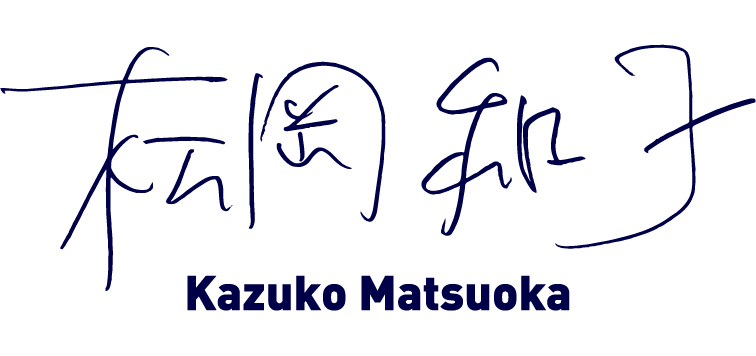What does it mean to write? Writing is a very simple task one can do with only a pen and paper. And yet, there’s an incredible amount of power to it, such as expressing your feelings to someone, gathering your thoughts into one place, leaving behind a record of present events to look back on in the future . . .
We’ll be using the Hobonichi Techo 2019 release to take another look at the action of writing, pondering and discussing what makes it so fun and what makes it so mysterious.
In this special article, we’ve taken a closer look at 10 people who draw and write in their professional or personal lives, checking out their favorite writing tools and hearing all about their writing process. We hope you enjoy reading all about the wide variety of approaches to writing.
What does it mean to write?


“I write out the original text the same way Shakespeare did.”
Translator Kazuko Matsuoka is on a long journey to translate all 37 of Shakespeare’s plays. She writes the complete original text by hand.
ProfileKazuko Matsuoka
translator, theater critic.
Born 1942. Translating all of Shakespeare’s works into Japanese; currently working on the 34th one.






